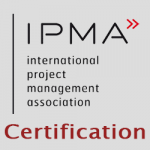
Project management certification can be a difficult field to navigate. You want to be recognized for your expertise and further your job prospects, but if you choose the wrong certification you could jeopardize those goals. You have to know which to choose before pursuing them. There are many variables to consider, including geography, popularity, cost, and … [Read more...]













